Description
What is an External GSM Antenna SMA Male Antenna?
The External GSM Antenna SMA CTRF-ANTENNA-AP-8221-13168-SMA-B is a versatile rubber duck antenna that operates in multiple cellular bands SMA antenna manufactured by C&T RF Antennas Inc for 2G, 3G, NB-IoT, GPRS, and GSM applications.
The External GSM Antenna SMA Male Antenna has a swiveling articulating SMA connector with a black color antenna radome.
In this style, we have a WHITE color version GSM Dipole Antenna for your choice. Omnidirectional antenna for GSM technologies. It is suited for modems and routers.
The External GSM Antenna SMA is manufactured by C&T RF Antennas Inc, we provide the wireless antenna with other antenna radio frequencies such as 169MHz, 230MHz, 315MHz, 433MHz, 868MHz, 915MHz, Lora, VHF&UHF, NB-IoT, GSM, Wifi 2.4GHz, 5.8GHz, 2G 3G 4G LTE, GPS, 5G NR, UWB, etc.
C&T RF Antennas Inc provides the wireless antenna with many antenna types such as Dipole Antennas, Whip Antennas, Marine Antennas, Router Antennas, MIMO Antennas, PCB Antennas, FPC Antennas, Spring Antennas, etc.
Contact us for more details on the Omni Dipole External GSM Antenna SMA Male Antenna such as External GSM Antenna SMA Male Antenna datasheet, External GSM Antenna SMA Male Antenna pricing, and External GSM Antenna SMA Male Antenna inventory.
External GSM Antenna SMA Male Antenna Specifications
External GSM Antenna SMA Male Antenna Electrical Specifications |
|
| RF Antenna Type | Omni Antenna |
| Model | CTRF-ANTENNA-AP-8221-13168-SMA-B |
| Frequency Center | 824-960, 1710-2170MHz |
| Gain | 3dBi |
| VSWR | ≤2.0 |
| Impedance | 50 Ω |
| Polarization | Linear |
| Directional | Omnidirectional |
| Connector | SMA Male |
| Max Power | 50W |
| Lightning Protection | DC-Ground |
External GSM Antenna SMA Male Antenna Mechanical Specifications |
|
| Dimension | 13*168mm |
| Weight | Approx. 20g |
| Radome Material | Plastic ABS |
| Operation Temperature | -20˚C ~ +80˚C |
| Storage Temperature | -40˚C ~ +85˚C |
| Color | Black |
| Antenna Design | Dipole Array |
| Mounting | SMA Connector |
| SafetyEmission and other | RoHS Compliant |
| Applications | Public Safety/LMR/P25/TETRA, ISM/SCADA/Utilities, RFID, IoT/NB-IoT/LoRa/GPRS/GSM/2G/3G |
Omnidirectional Rubber Ducky Antenna Features

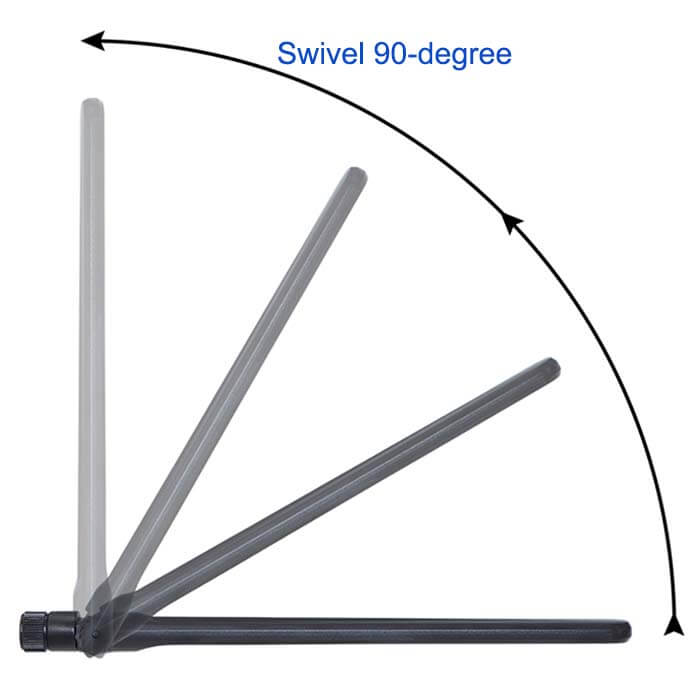

Rubber Duck Antenna Applications

How are GSM gaps in the time and frequency domains allocated?
In the GSM system, each carrier frequency is defined as a TDMA frame, which corresponds to a channel in the FDMA system. Each frame consists of 8-time slots (TS0-7). Each TDMA frame has a TDMA frame number.
TDMA frame numbers are cyclically numbered in cycles of 3 hours, 28 minutes, 53 seconds, and 760 milliseconds (2048*51*26*8BP or 2048*51*26 TDMA frames).
Each 2048*51*26 TDMA frame is a superframe, each superframe is divided into 2048 superframes, a superframe is a sequence of 51*26 TDMA frames (6.12 seconds), and each superframe is composed of compound frames. There are two types of compound frames.
The 26-frame complex frame consists of 26 TDMA frames (26*8BP) and lasts 120 ms. 51 such complex frames form a single superframe. This type of frame is used to carry TCH (and SACCH plus FACCH).
51-frame complex frame: It consists of 51 TDMA frames (51*8BP) with a duration of 3060/13ms. 26 such complex frames form a superframe. This kind of complex frame is used to carry BCH and CCCH.
How does GSM radio interface management work?
In GSM communication systems, the number of available wireless channels is much smaller than the number of potential users, and channels for two-way communication can only be allocated when needed. This is very different from a standard telephone network, where each terminal is connected to a switch regardless of the presence or absence of a call.
In a mobile network, wireless channels need to be dynamically allocated and released according to the user’s call. Whether the call is from a mobile station or to a mobile station, the build-up process requires a dedicated method to enable the mobile station to access the system and thus obtain a channel.
In GSM, this access process is implemented on a dedicated mobile station base station channel. This channel, together with the base station-mobile station channel used to transmit paging messages, is called the GSM common channel, since it carries messages from/to many mobile stations at the same time.
On the contrary, the channel assigned to an individual mobile station for a certain period of time is called a dedicated channel. Due to this distinction, two macrostates of mobile stations can be defined.
Idle mode: The mobile station is listening for a broadcast channel when it does not occupy any channel.
Dedicated mode: A two-way channel is assigned to a mobile station that needs to communicate so that it can use the infrastructure for two-way point-to-point communication.
The access process moves the mobile station from idle mode to dedicated mode.

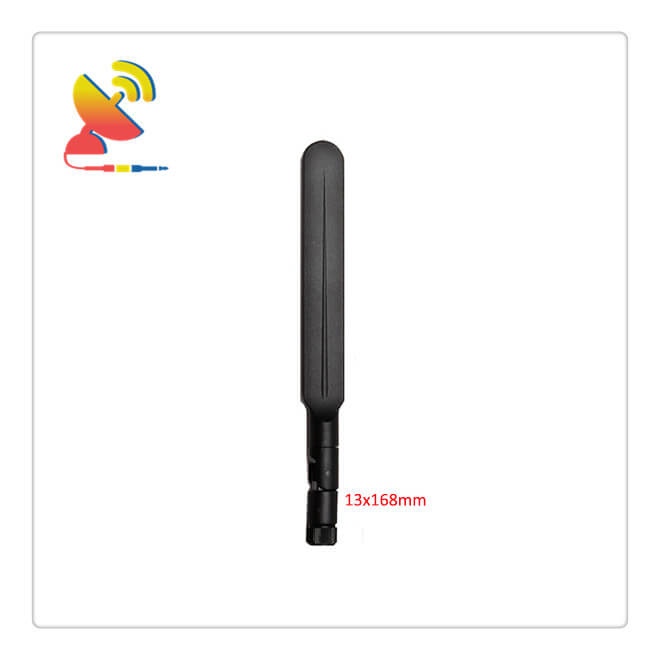
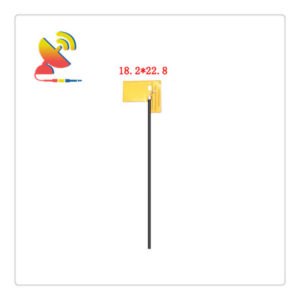
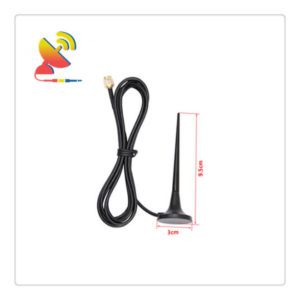
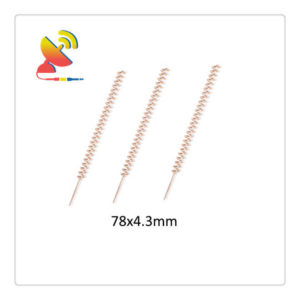

Reviews
There are no reviews yet.